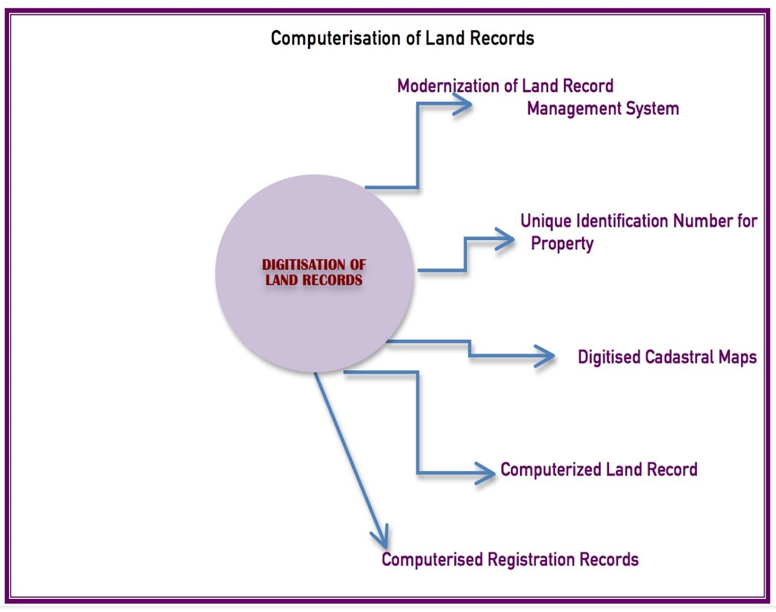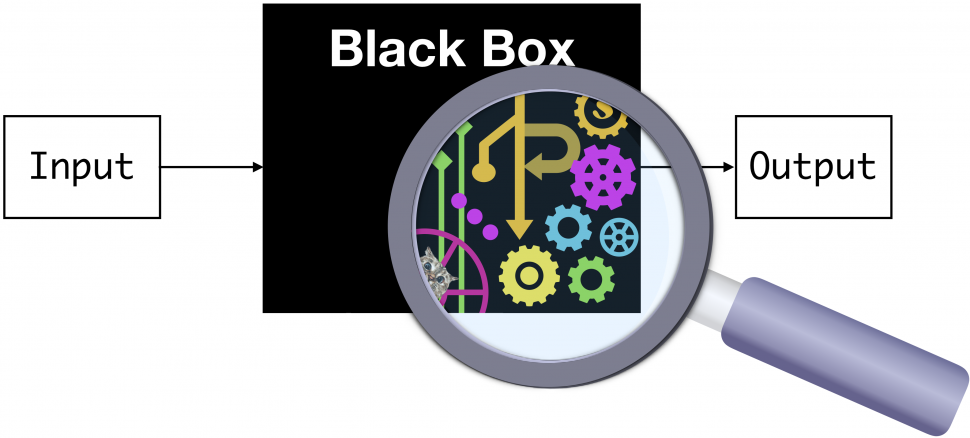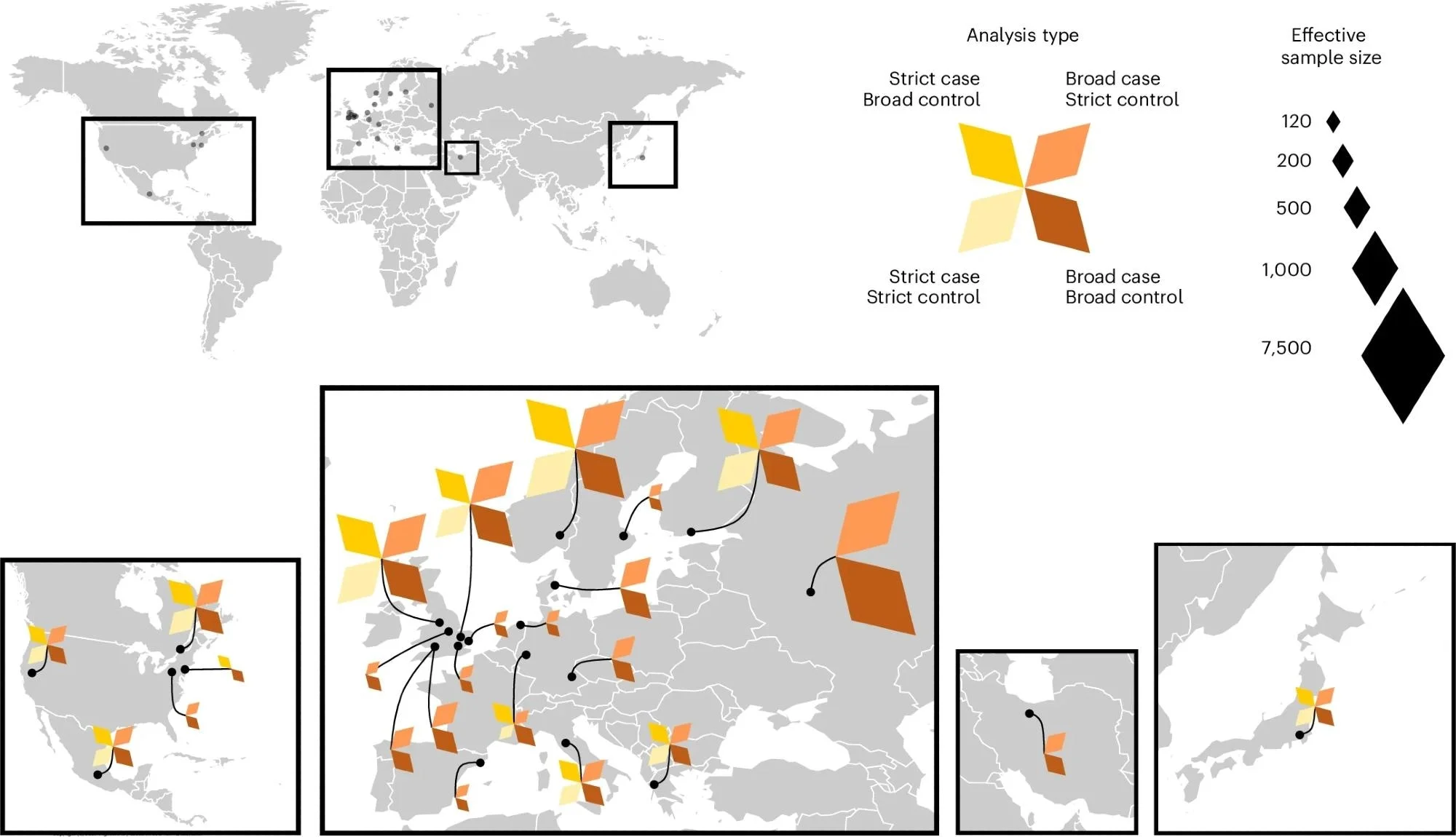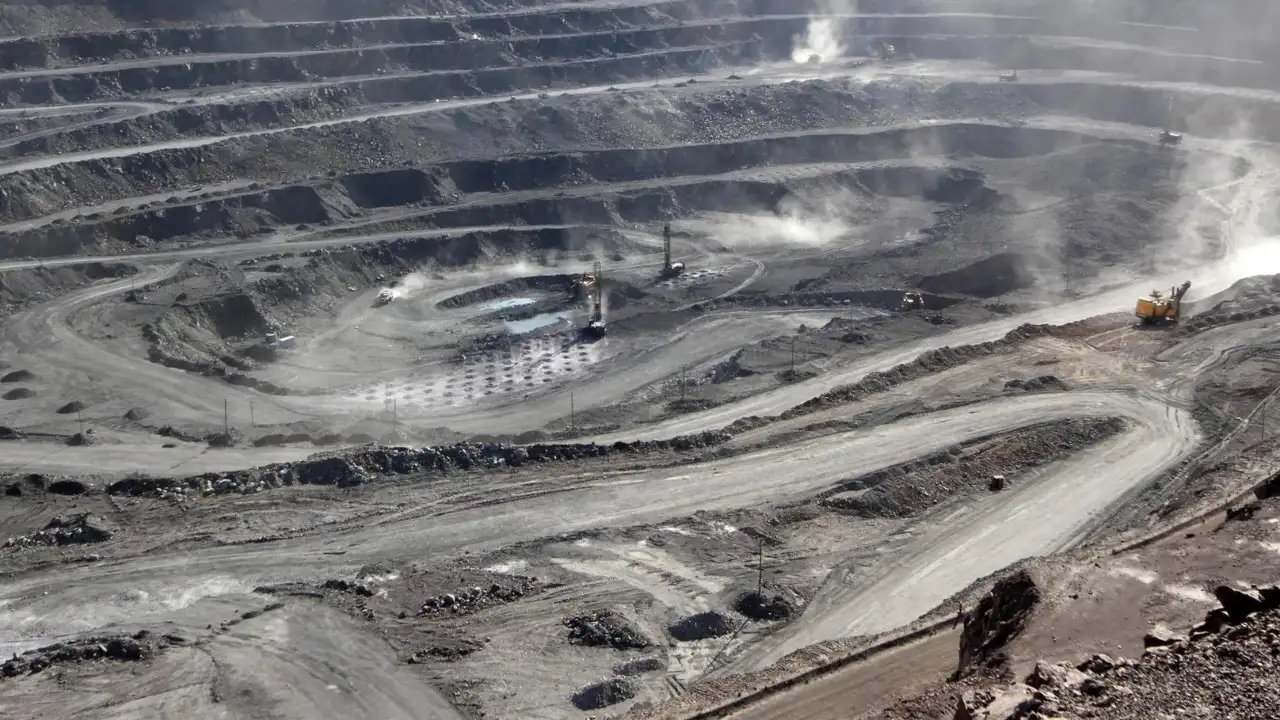- Courses
- GS Full Course 1 Year
- GS Full Course 2 Year
- GS Full Course 3 Year
- GS Full Course Till Selection
- Answer Alpha: Mains 2025 Mentorship
- MEP (Mains Enrichment Programme) Data, Facts
- Essay Target – 150+ Marks
- Online Program
- GS Recorded Course
- Polity
- Geography
- Economy
- Ancient, Medieval and Art & Culture AMAC
- Modern India, Post Independence & World History
- Environment
- Governance
- Science & Technology
- International Relations and Internal Security
- Disaster Management
- Ethics
- NCERT Current Affairs
- Indian Society and Social Issue
- NCERT- Science and Technology
- NCERT - Geography
- NCERT - Ancient History
- NCERT- World History
- NCERT Modern History
- CSAT
- 5 LAYERED ARJUNA Mentorship
- Public Administration Optional
- ABOUT US
- OUR TOPPERS
- TEST SERIES
- FREE STUDY MATERIAL
- VIDEOS
- CONTACT US
Ministry of Rural Development presents Bhoomi Samman Award 2023
Ministry of Rural Development presents Bhoomi Samman Award 2023
19-07-2023
Latest Context:
Recently, the Secretaries of 9 states has received Bhoomi Samman awards for their achievements in implementation of Digital India Land Records Modernization Programme (DILRMP).
About the Digital India Land Records Modernization Programme (DILRMP)
- It’s an initiative undertaken by the Government of India to digitize land records across the country.
- Before 2016, the DILRMP was known with the name ‘National Land Record Modernization Programme’.
- It was launched in 2008 and is implemented by the Department of Land Resources under the Ministry of Rural Development, Government of India.
- The primary objective of the programme is to modernize land administration processes, reduce manual intervention, enhance transparency and provide easy access to land records for citizens.
- It involved collaboration between the central government, state governments, and various other agencies to achieve its objectives.
- As per the Management Information System of Digital India land Records Modernisation Programme (DILRMP), out of 6,56,793 villages, maps have been Geo-referenced in almost 2,31,026 villages (35%) and 1,17,38,272 number of maps have been digitised as on May 2023.

What is the significance of modernization of land records?
- Improved Land Governance: Modernized land records promote efficient land governance by ensuring accurate, reliable, and up-to-date information about land ownership, boundaries, and other related details.
- Transparency and Accountability: Digitized land records increase transparency in the land administration process. Citizens can access information about land transactions, ownership, and other records online, which reduces the scope for corruption and improves accountability in land management.
- Reduced Land Disputes: One of the significant benefits of modernized land records is the reduction in land disputes. Clear and easily accessible land records help resolve conflicts over land ownership and boundaries, saving time and resources.
- Facilitation of Land Transactions: With digitized land records, buying, selling, and transferring land becomes more straightforward and efficient. It simplifies the process of property transactions, making it more attractive to potential buyers.
- Boost to Economic Development: A well-functioning land records system supports economic development and investments. It provides a secure environment for businesses to invest in land and property, knowing that their interests are protected and legal transactions can be conducted with confidence.
- Encouragement to E-Governance: The modernization of land records is a vital component of the broader e-governance initiatives. It sets an example of how government services can be digitized, leading to increased efficiency and accessibility for citizens.
- Land Use Planning and Management: Modernized land records aid in effective land-use planning and management. Governments can make informed decisions about land development, infrastructure projects, and environmental conservation based on accurate land data.
- Data Integration and Analysis: Digital land records facilitate the integration of land data with other socio-economic datasets, enabling comprehensive analysis and policymaking based on data.
Challenges are:
- Outdated and Fragmented Data: Land records often suffer from outdated and fragmented data due to historical reasons and inconsistent recording practices. Integrating and updating such data can be a time-consuming and challenging task.
- Lack of Standardization: Different regions or states within a country may follow different land record-keeping practices, making it difficult to achieve uniformity and standardization when modernizing land records at a national level.
- Resistance to Change: The transition from manual record-keeping to digital systems may face resistance from stakeholders who are habitual to traditional methods. This resistance can come from both government officials and citizens.
- Limited Technological Infrastructure: In some regions, especially in rural areas, there may be limited access to reliable internet connectivity and technological infrastructure, which can hinder the implementation of digital land record systems.
- Capacity and Training: Implementing and managing modernized land records require trained personnel. The lack of capacity and adequate training for land administration officials can pose significant challenges.
- Financial Constraints: Modernizing land records can be a costly process, requiring investment in technology, infrastructure, and capacity building. Financial constraints may hinder the progress of such initiatives, particularly in resource-constrained regions.
- Data Privacy and Security Concerns: The digitization of land records raises concerns about data privacy and security. Sensitive information related to landownership and transactions needs to be protected from unauthorized access and tampering.
- Political Will and Administrative Support: The success of land records modernization requires strong political will and consistent administrative support. Changes in leadership or bureaucratic structures can impact the continuity of the initiative.
Conclusion and Way Forward:
- Despite many challenges, the modernization of land records is essential for transparent and efficient land governance and addressing these challenges requires a collaborative effort from governments, stakeholders, and the public to ensure the successful implementation of modernized land record systems.
Additional Information:
Other initiatives taken for improving land governance are:
- Unique Land Parcel Identification Number (ULPIN) or Bhu-Aadhaar provides a 14-digit alpha-numeric unique ID of the land.
- SVAMITVA scheme provides a ‘Record of Rights’ to village household owners with issuance of legal ownership cards.
Must Check: IAS Coaching Centre In Delhi



